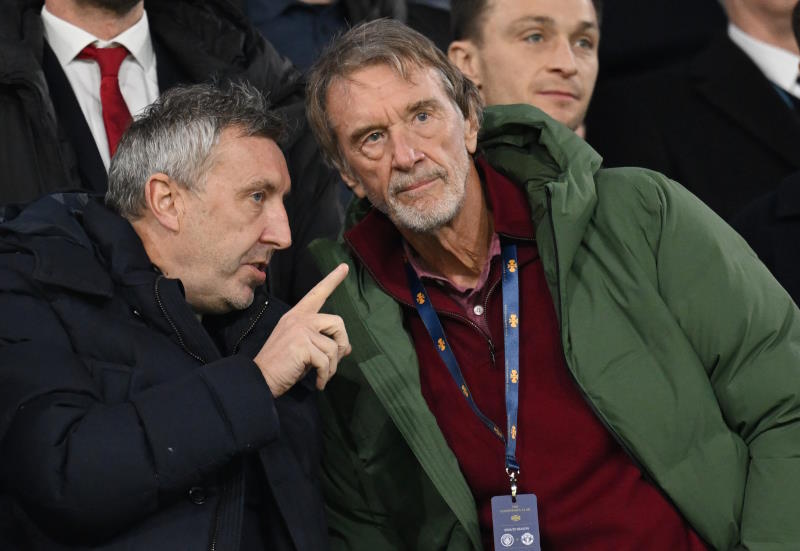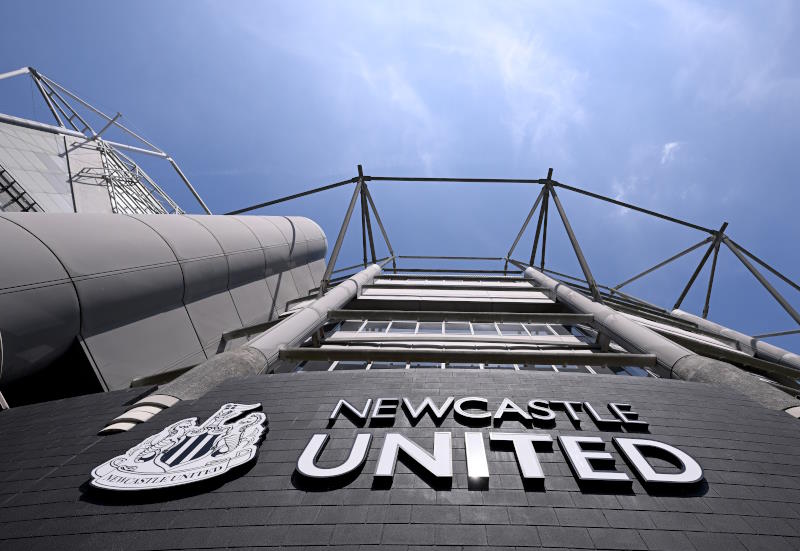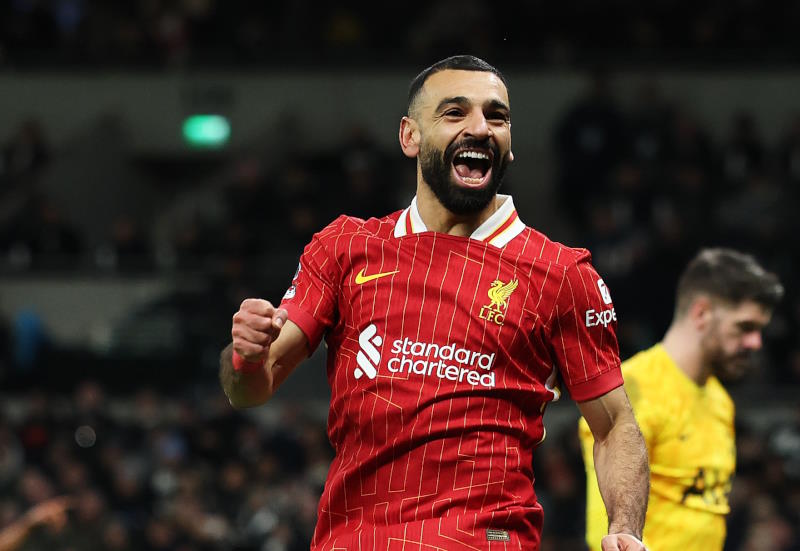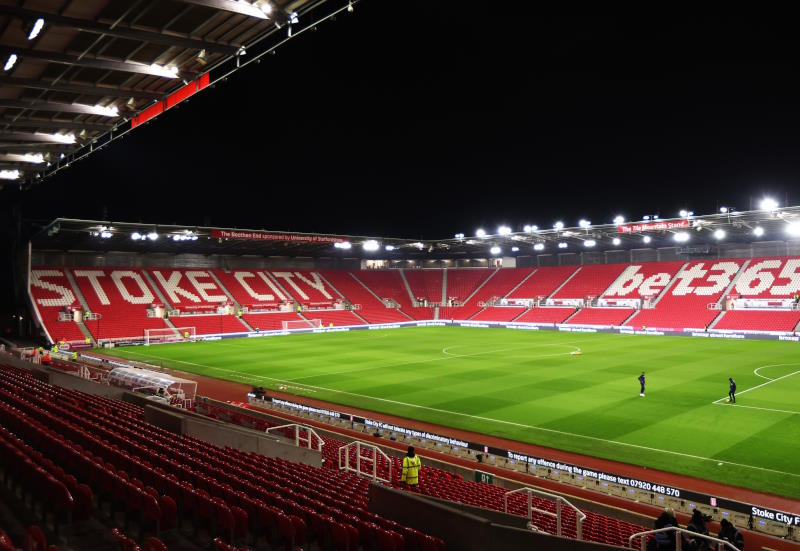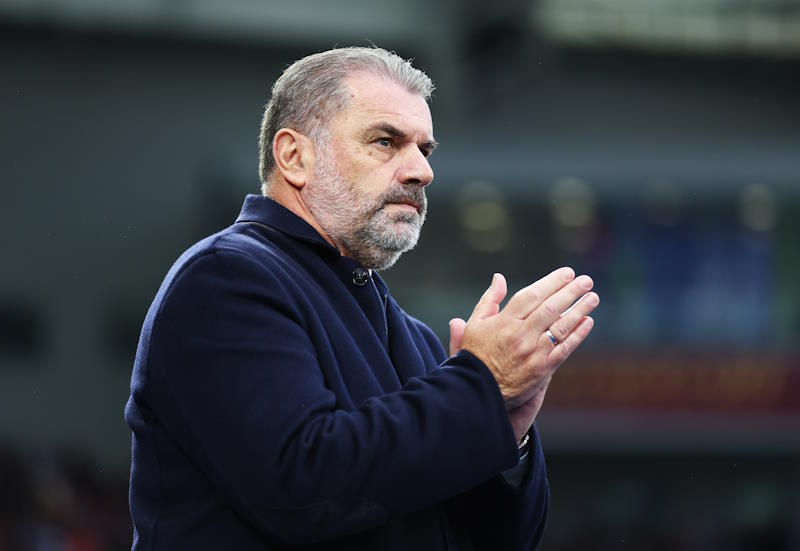
Mark Bateman
Transparency is a word that is being used with increasing frequency lately, from the politicians of Great Britain to the organisers and teams of the Formula One World Championship.
Every institution, no matter what its role in the world, needs to be transparent in everything it does. Because, whether it be a government, regulatory body or a company offering a product, it is responsible to only one person, the consumer.
UEFA is probably the best current example of a football organisation not honouring this commitment.
Chelsea have decided to appeal against the lengthy bans served upon striker Didier Drogba and defender Jose Bosingwa, as well as a fine imposed on the club, following the fallout from last season’s Champions League semi-final defeat to Barcelona. A semi-final in which the referee, Tom Henning Ovrebo, failed to give several blatant Chelsea penalties.
Well done to Chelsea for coming to this decision, it can only be hoped that they may be successful in correcting such as injustice, although it doesn’t seem likely that the bans will be rescinded or the fine be dropped.
While the behaviour of Drogba and Bosingwa and many of the other Chelsea players toward the referee at the full-time whistle must not be condoned, it is also very understandable. Referees are given far too much protection by football’s governing bodies, how else could the players’ or team management make their views clear?
These employees of the club can’t chastise match officials in the media, because that would be considered as having brought the game into disrepute. The only other options is to write a letter of complaint to UEFA, but what would be the chance that it would be read let alone responded too?
Players and managers are being punished for remarks made about poor refereeing performances, but the men-in-the-middle are never punished severely, nor do they have to explain their actions to anyone apart from their bosses, who will just give them a slap on the wrist and say they are doing a good job in a hard profession.
In an age when communication is almost instantaneous, it would be easy for a referee to explain his or her actions and, if necessary hold their hands up to making a mistake; after all they are only human and people would probably be more understanding.
The rules governing the ability of managers or players to comment on the performance of match officials are far too strict. While the average fan can say pretty much whatever they like and the media can cry fair comment, those who work in professional football do not enjoy this freedom.
If UEFA are to properly represent the needs of the footballing federations in Europe it must be seen to be more transparent, the bed rock of all justice systems is that justice must not only be done, but just as importantly be seen to be done.
Everyone in football, from UEFA president Michel Platini to the referee at Stamford Bridge that night have a responsibility to the fans. Without the fans football would be nothing and fans need to have confidence in the honesty of the game.
It is up to them to ensure that the beautiful game remains just that, and not the cloak and dagger affair it currently is.
Related Articles:

